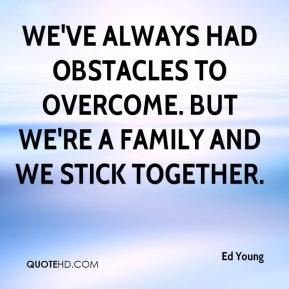I am so sorry that Youth of A Nation has not been posting lately. Unfortunately my family and I lost someone very special to us recently and another one of our family members had been hospitalized for sometime. Because of what has been going on in my life I wanted to share this post with all of you.

In all tragedies, families deal with immense and unexpected grief, loss, and uncertainty about the future.
It is important for families to help one another after a tragedy by talking, listening, and expressing their feelings and concerns. Feeling down and grieving are normal reactions to loss. However, sometimes tragic events can trigger a more serious depression, often as soon as 6 to 8 weeks after the loss has occurred. So, it is important for families to understand the symptoms of depression and how to help someone who is depressed.
What families can do
- Acknowledge and share your feelings. After a tragic event, you may have feelings of shock, denial, and intense sadness. Later, you may feel anger, resentment, irritation, and grief. These emotions can fluctuate rapidly. Strong reactions to a tragedy are to be expected and vary greatly among people. Even within a family, reactions and emotions to a crisis can differ and change over time. Talk about the fears and emotions that you have openly. It is important to be supportive of one another even if your reactions are different.
- Be supportive and listen. Let your family and children know that you care and are there for them. Be an ‘active listener’ by listening empathetically and without judgment. Allow your family to talk, while you remain silent, nodding and maintaining eye contact to show that you’re listening. Summarize parts of what has been said to show you understand, and allow the person to express emotion. Be careful NOT to minimize what has happened by saying things like ‘things could have been much worse’, ‘we are all upset, you need to stop dwelling on it and continue on with your life.’
- Expand your support system. Many families find it helpful to reach out to others in their community, such as a church or support group, to help cope with their feelings and reduce the isolation. Families need extensive and unconditional support in the wake of a tragedy.
- Ask for help. Let your family know that they can tell you when they need help. Be available and ready to listen when asked. Remember that mental health professionals, including social workers, psychologists, and psychiatrists, are there for you if you need help processing your feelings.
- Understand your own limits. Recognize that you will not have unlimited ability to help and take care of others. You need to take care of yourself as well. It is OK and advisable to reach out to friends and medical professionals to get through tough times.


~Dedicated to my family and loved ones~




